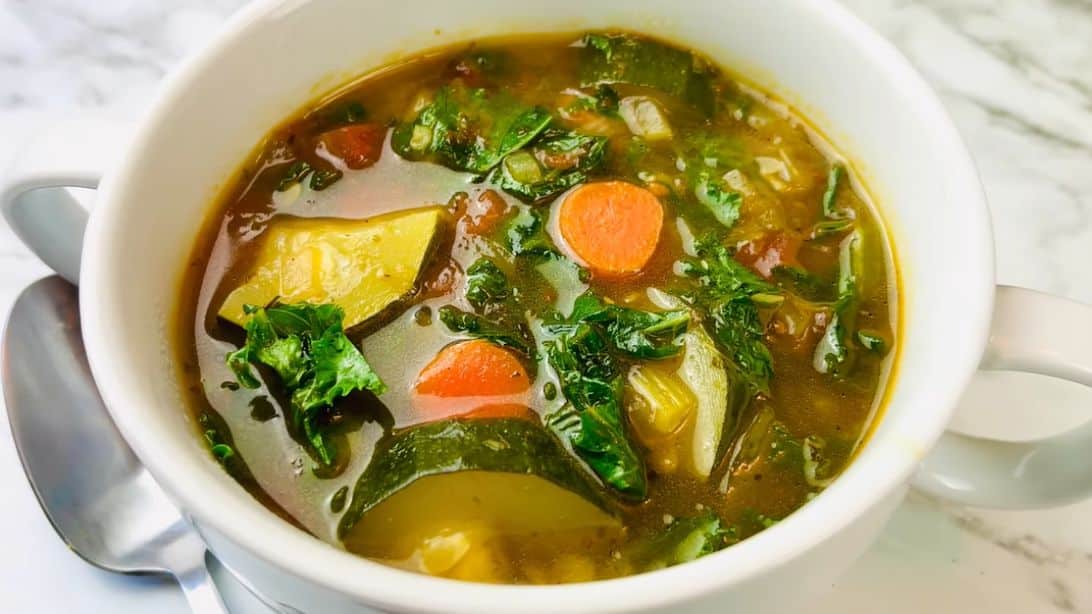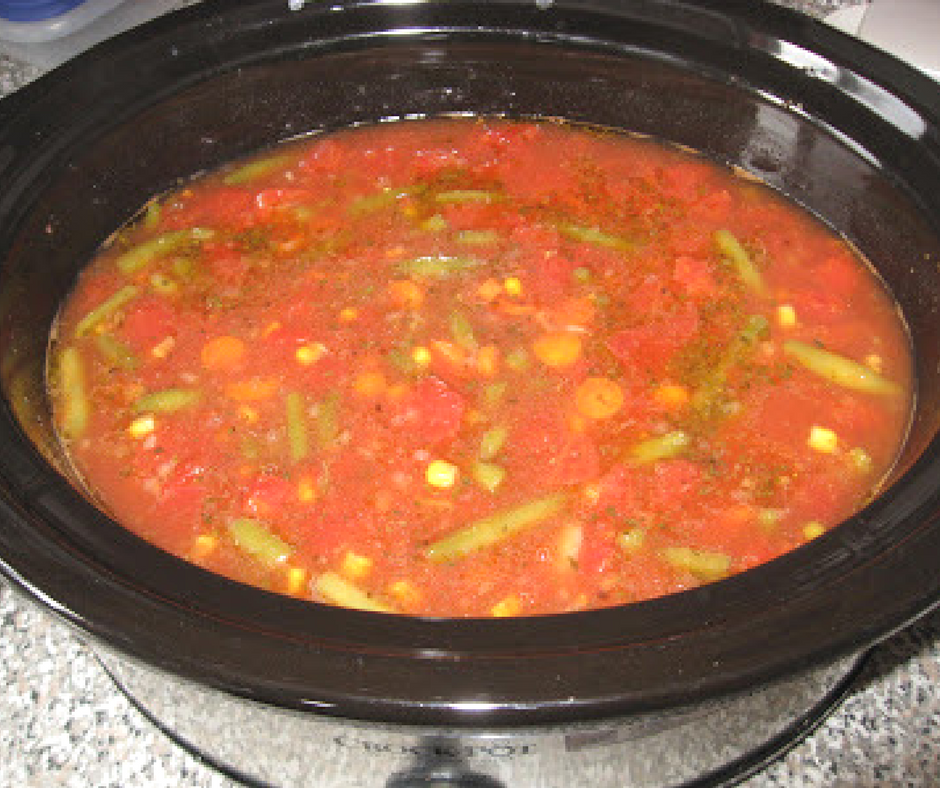Vegetable soup has long been a staple in many households, but its role in weight loss is often overlooked. As the focus on health and wellness continues to grow, so does the interest in foods that can support sustainable weight management. Among these, vegetable-based soups have emerged as a powerful tool, offering a blend of nutrition, satisfaction, and versatility. This article explores how vegetable soups, particularly recipes like the Veggistrone minestrone, can be an effective addition to a weight-loss plan.
Why Vegetable Soup Supports Weight Loss

The benefits of incorporating vegetable soup into a weight-loss diet are backed by scientific research. Studies have shown that soups can help reduce overall calorie intake. For example, a 2020 study published in Physiology & Behavior found that individuals consumed fewer calories on days when they ate soup compared to when they ate the same ingredients in solid form. The high water content in soups contributes to a feeling of fullness, which can help curb hunger and prevent overeating. Additionally, broth-based soups loaded with vegetables provide essential nutrients while keeping calorie counts low.
Moreover, soups serve as an excellent vehicle for fiber-rich ingredients. Fiber plays a crucial role in digestion and satiety, helping you feel fuller for longer. This makes soups an ideal choice for those looking to manage their appetite without sacrificing nutritional value. By focusing on nutrient-dense ingredients, such as leafy greens, root vegetables, and legumes, soups can become a cornerstone of a balanced diet.
The Veggistrone Minestrone Recipe: A Nutrient-Packed Option

One standout recipe that exemplifies the potential of vegetable soup for weight loss is the Veggistrone minestrone. Developed by Joyce Hendley, M.S., this recipe was inspired by a popular Weight Watchers (now WW) garden vegetable soup. Hendley’s version adds more variety to the traditional recipe, including celery, green bell peppers, cauliflower, and green beans, along with freshly grated Parmesan cheese for extra flavor.
This recipe delivers a hearty 162 calories per 2-cup serving, packed with at least two servings of vegetables. The inclusion of kidney beans provides a boost of protein, making it a well-rounded meal option. The Veggistrone recipe also offers flexibility, allowing for customization based on personal preferences or dietary needs. Whether you're looking to add lean proteins like chicken or whole grains like brown rice, this soup serves as a versatile base for a variety of meals.
How to Incorporate Vegetable Soup into Your Daily Routine

To maximize the benefits of vegetable soup, it's important to integrate it into your daily eating habits. Here are some tips for making it a regular part of your routine:
- Use it as a starter: Consuming a bowl of soup before a main meal can help reduce overall calorie intake by increasing feelings of fullness.
- Make it a main dish: With the addition of protein sources like beans, tofu, or lean meats, vegetable soup can serve as a satisfying and nutritious main course.
- Meal prep: Prepare large batches of soup to enjoy throughout the week. Store leftovers in the refrigerator for up to five days or freeze portions for later use.
- Experiment with flavors: Try different spices, herbs, and vegetables to keep your meals interesting and enjoyable.
Other Healthy Weight-Loss Soup Recipes

While the Veggistrone minestrone is a standout, there are numerous other vegetable-based soup recipes that can support weight loss goals. Some popular options include:
- Healthy Butternut Squash Soup: Packed with fiber and vitamins, this soup is a great source of antioxidants and can be enjoyed as an appetizer or side dish.
- Hearty Italian Sausage Soup: Combines protein from turkey sausage with fiber-rich vegetables for a filling and flavorful meal.
- Keto-Friendly Avocado Soup: Ideal for those following a low-carb diet, this soup uses avocados to provide healthy fats and fiber.
- Veggie-Packed Minestrone Soup: Similar to the Veggistrone recipe, this soup includes a variety of vegetables and white beans for added protein.
Each of these recipes offers unique benefits and can be tailored to fit individual dietary preferences and goals.
Conclusion
Incorporating vegetable soup into your diet can be a simple yet effective strategy for weight loss. With its high water and fiber content, low calorie count, and ability to promote satiety, vegetable soup offers a range of benefits that support long-term health and wellness. Whether you choose to make a classic minestrone, a keto-friendly avocado soup, or a hearty vegetable stew, the key is to focus on nutrient-dense ingredients that align with your dietary goals.
By experimenting with different recipes and cooking methods, you can create a variety of delicious and satisfying meals that help you stay on track with your weight-loss journey. As you explore the world of vegetable soups, remember that consistency and variety are essential for achieving lasting results. So, grab a ladle, fill your bowl, and enjoy the power of vegetable soup for a healthier, happier you.